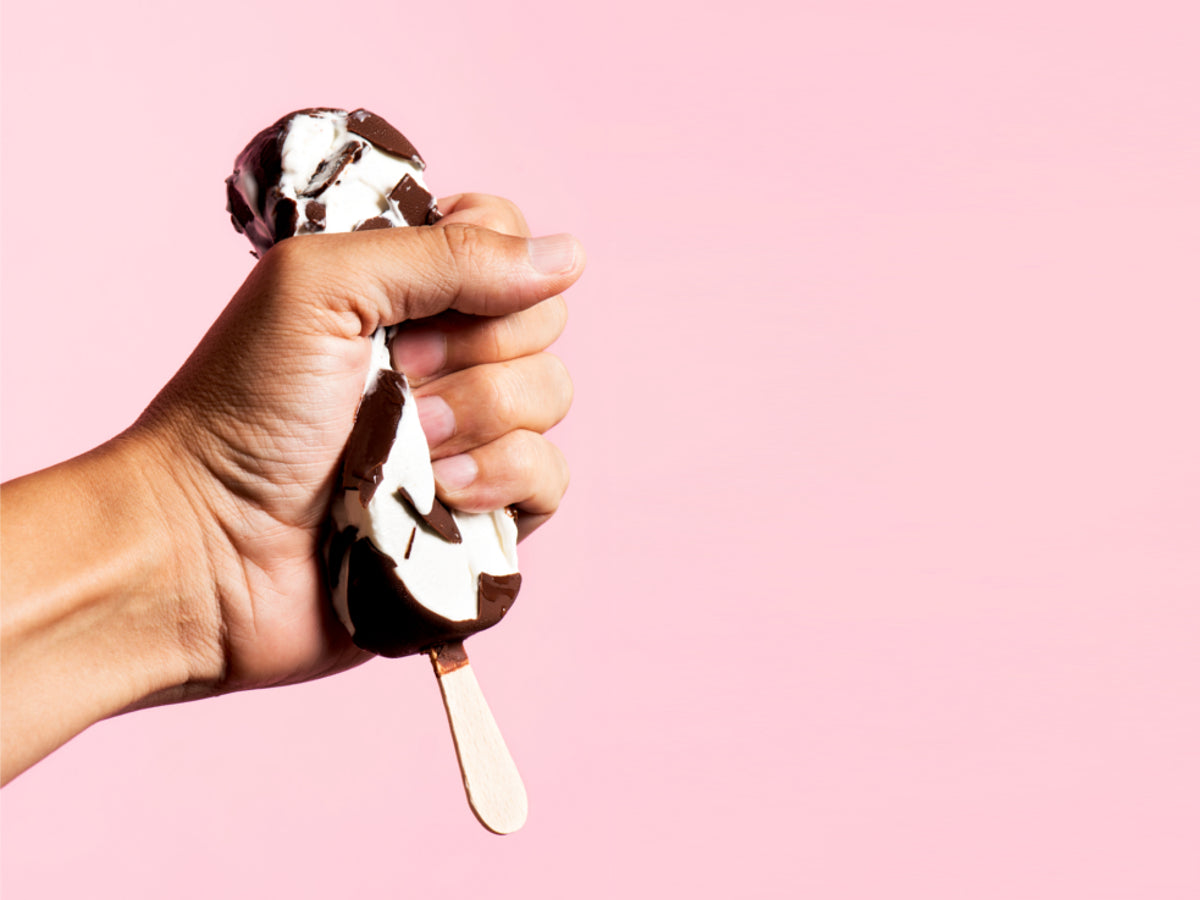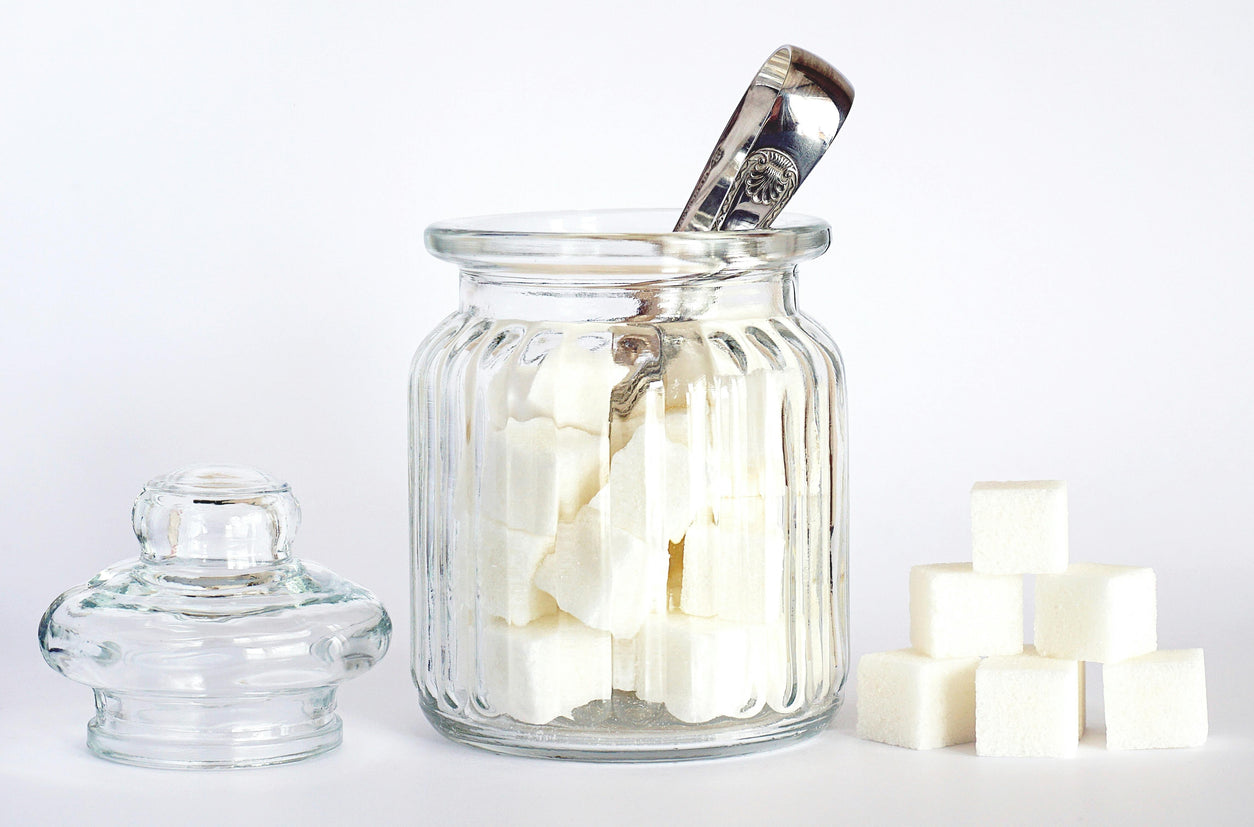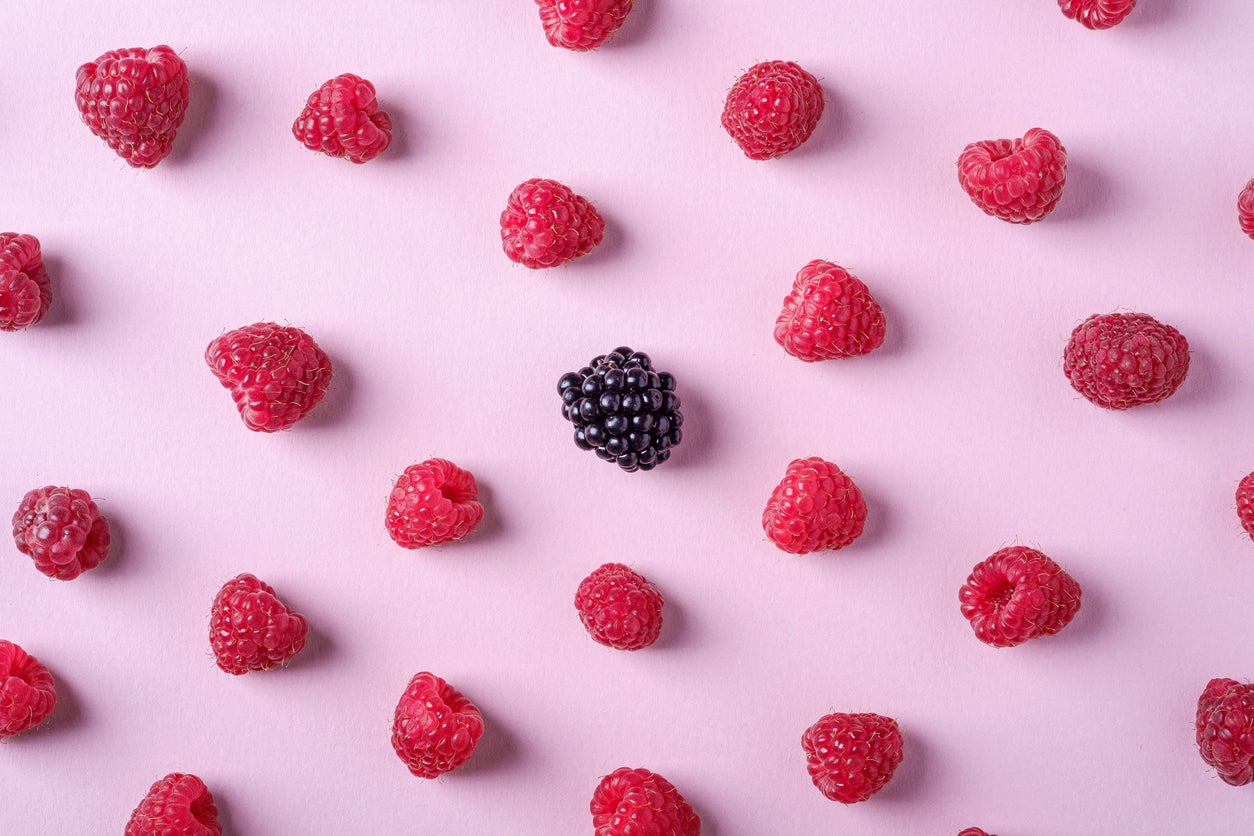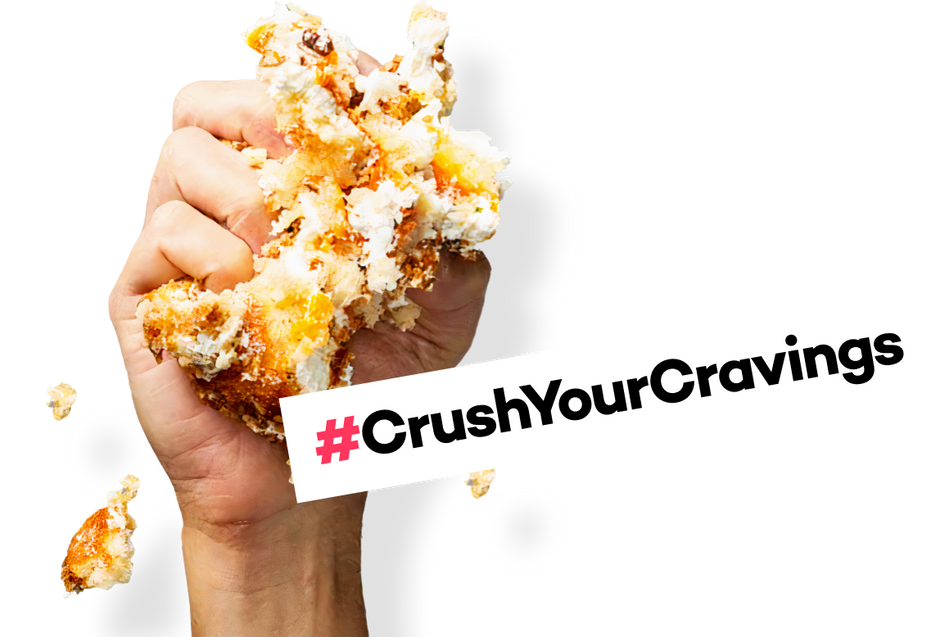The truth is: sugar isn’t addictive in the same way as drugs. Which is why people don’t spoon caster sugar from the bag.
It turns out, excess sugar consumption is a habit. That doesn’t necessarily mean it isn’t easy to break. It just means you need to take a different approach.
So…what is a habit?
A habit is an action we perform automatically. One that doesn’t require decision making. Like when you sit down on the train and immediately start mindlessly scrolling through Instagram. It’s not a conscious thought, you just do it.How do habits form? How do habits form?
Just like that: through repetition.
They develop in a primitive part of our brain, called the basal ganglia. It’s responsible for creating a routine: Trigger>Craving>Action>Reward. As well as getting us to waste more time staring at our iPhones, these routines can actually be helpful. Saving us time and effort, allowing us to make subconscious decisions; like which street to take when we’re walking home.
The more a routine is repeated, the more ingrained it becomes in our brain, and the more automatic it becomes.

Does this sound familiar?
Trigger
Craving
Action
Reward
This routine is familiar to many and doomed to be repeated. Night after night. Week after week. Year after year.
Notice what the reward really is here? It’s not the biscuit binge. The reward is actually the dopamine!
Evolution has hardwired us to release dopamine when we eat sugary foods. You can read more about why here. But the more often this routine is repeated, the more your brain grows to expect dopamine after your trigger. So, the important thing to remember is this: your brain doesn’t really want the sugar, it’s actually on the hunt for its dopamine fix.
How do I break the habit?
Breaking a habit on your own is really hard. Often willpower alone just isn’t enough. That’s why we’ve developed the tools, the guide and the support to get you through it.Commit. Cultivate. Control. It’s our unique three-step process to guide you through the journey. Check out Killa Vanilla and you’ll get the guide to take you through it. Just make sure you’re signed up to our emails.
Three months? What happened to 21 days?
Don’t believe the hype. The ‘it takes 21 days to break a habit’ myth is exactly that: a myth. It’s short enough to sound achievable, but long enough that it sounds believable. Perfect! The only problem being it’s a complete load of rubbish.You can thank a 1960’s plastic surgeon turned psychologist for that. Except don’t actually blame him. What he really said is ‘it requires a minimum of about 21 days for an old mental image to dissolve and a new one to gel’ when he was studying his patients’ recovery. After years of people wanting to be catchy rather than correct, it got shortened to ‘it takes 21 days to break a habit’. Ignoring the context and forgetting the minimum part.
So how long does it really take?
The truth is, it depends. It depends on the habit, the person, the length of time they’ve had it, how committed they are to change…the list goes on.Thankfully, there have been some more recent and more varied studies. Notably by Phillippa Lally at University College London, who studied 96 participants and found it took, on average, more than two months.
From our personal experience, and conversations with thousands of successful customers, we’ve found it takes three months to fully break a sugar habit. That might not be as catchy and reassuring as ‘21 days’ – but at least it’s the truth.










